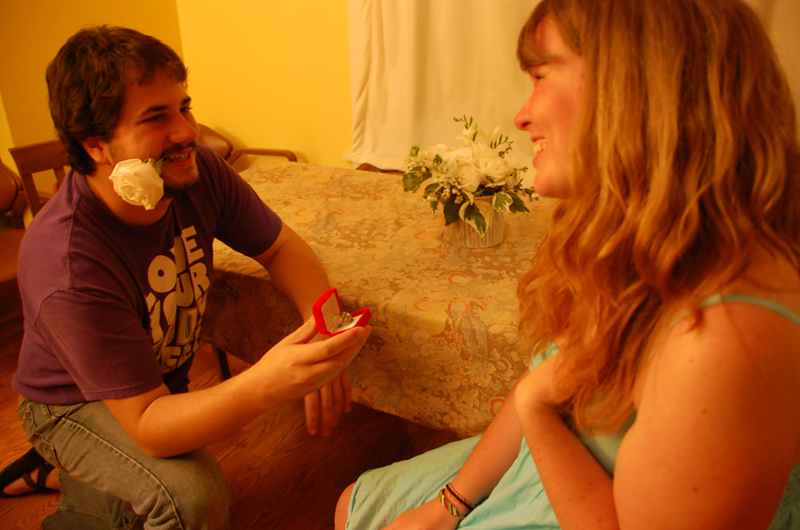
Since pre-recorded history, humanity has been victimized by the perceived necessity of the institution of marriage. Countless generations have been indoctrinated into believing that marriage is a rite of passage, an unbeatable testament to love, an irresistible financial advantage and an obligation for future offspring.
This is a cultural myth that has shifted grossly throughout its overdone existence — but one thing that is as true today as it ever was is that the practice of marriage is restrictive and damaging on an individual level, and not essential for a satisfactory life after the days of youth.
Many of us have assumed that someday we were going to grow up and get hitched. “To whom?” we wondered wistfully — somebody we will love madly, or maybe somebody incredibly rich? We dream up our perfect spouses. How many children will we have, which gender, what will their names be?
Many of us were born into an institution of marriage and it is a societal norm, if not the certainty. This American Dream is the result of something akin to brainwashing. We have been fed feel-good love stories and fairytales that end in marriage or the implication of it, conditioning us into thinking it is as fundamental as going to college and having a career. It is just what people do. For most people, marriage is a no-brainer on their bucket list — which is ironic, since it is known to take the zest out of one’s short existence.
Conforming to a collective, uniform lifestyle is a dangerous thing for individual happiness, especially when said lifestyle is notoriously unhappy in the first place. What, one might ask, could possibly be unpleasant about the ultimate expression of unconditional love?
The institution of marriage completely restricts freedom — for virtually no reason. People take offense at the smallest, most implicit things their spouse does or says (or, more often, what they do not do or say), either because of a paranoid disposition or, more likely, because such actions distort the pleasant picture of married life that has been painted in their heads by the media, the church, their parents or whomever.
The loves-me-loves-me-not speculation that the shattering of such preconceived notions incurs happens in premarital relationships as well, spawning jealousy, paranoia and disappointment because of socially-implemented assumptions about how a person is supposed to act based solely on their being “in love.” This means both your personality and actions are under constant scrutiny and you must restrain yourself in order to keep your marriage healthy.
Furthermore, in married life everything is a team decision; it is all about compromise, all the time. Decisions made alone, even personal decisions, can seem deeply inconsiderate to one’s spouse because marriage is a “union” — implying, of course, that you become Siamese twins upon commencement.
Time to yourself, of course, is time you could be off gallivanting with some homewrecker, and it is possible that it will be perceived as such. As far as I am concerned, the rising divorce rate is correlated to our increasing openness and honesty with ourselves.
Even though the process of marriage may seem essential to civilized life, it is absolutely not. You can be deeply in love, unafraid of commitment, and prepared to spend the rest of your life with one person — this does not mean that you should go about it in the same way as everyone else.
If you feel you need to get married to show someone how much you love them, your relationship probably is not solid enough for that turbid path in the first place. Your life is yours to carve at your whim; the domestication of married life will likely take the passion, excitement and variety from it.
You have been warned—be aware of the reality before saying “I do.”
